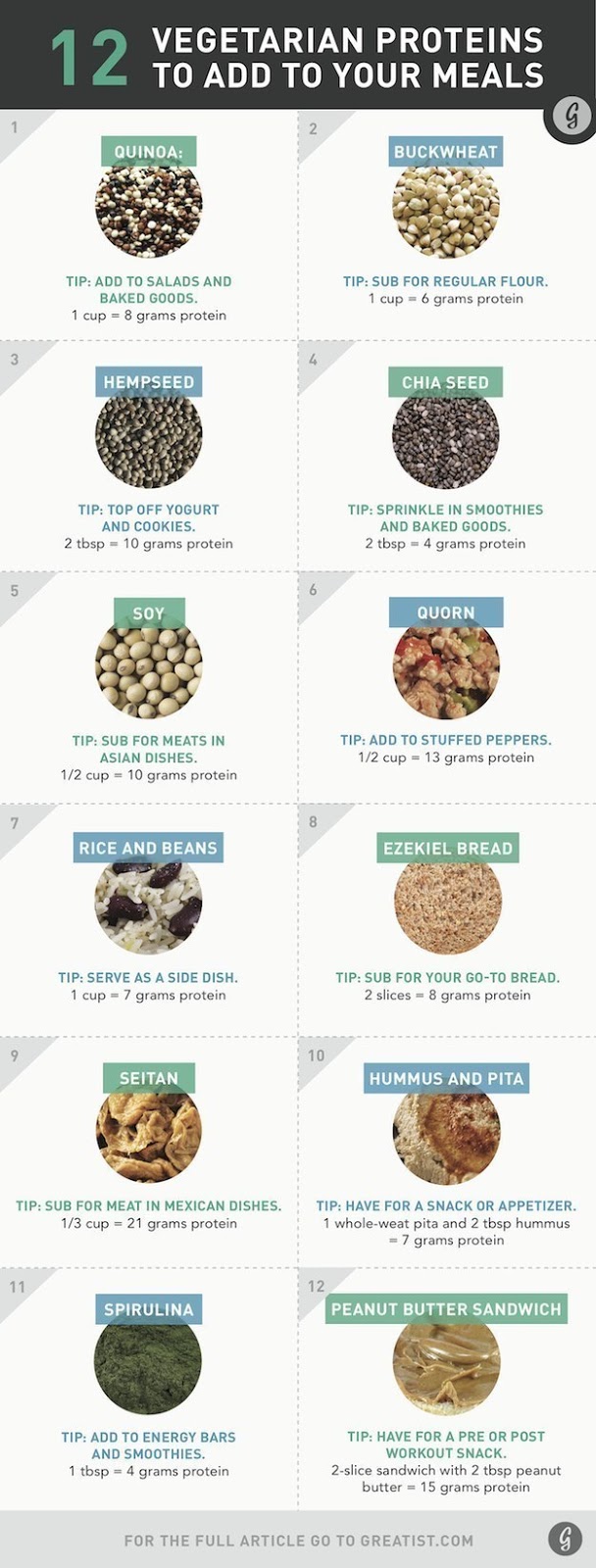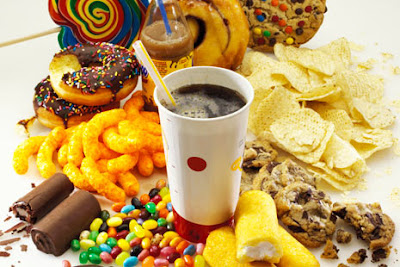Whether you are thinking of going vegetarian or just trying to eat
less meat, here’s what you need to know before making the change.
You’ll need a B12 supplement and maybe an iron supplement, too.
Vitamin B12
is naturally present in animal foods, which keeps the body’s nerve and blood
cells healthy and helps make DNA. B12 deficiency can cause fatigue, weakness,
loss of appetite, constipation, unexpected weight loss, nerve problems and
depression, so you need to stock up on a variety of B12-fortified foods and a
B12 supplement. Remember to ask your doctor for your needed intake.
Iron is
divided into two forms: heme and non-heme. Heme which contributes 40% of the
iron in animal foods is easily absorbed by the body while vegan diets
containing only non-heme which is less readily absorbed by the body. Therefore,
you may need to eat more iron if you want to get the same benefits. Good vegan
iron sources consist of legumes, dried raisins, sunflower seeds, dark and leafy
greens. Additionally, you need to supply the source of vitamin C as vitamin
C-rich foods aid iron absorption.
You’ll need to find new sources of protein.
Proteins are
the building blocks of life as they break down into amino acids that boost the
cell growth and repair. Adults should get at least 0.8 grams of protein daily
for every kilogram of the body weight, the Institute of Medicine recommends.
The best sources of vegan protein come from natural soy, lentils, quinoa, and
beans.
Take it easy on soy-based products.
Though there
have been many controversial ideas among scientists about the effects of soy on
cancer and heart health, one thing is known for sure: Consuming too much
soy-based products is arguably worse than consuming high-quality animal
products. Meat substitutes are often highly processed and packed with sodium
and preservatives, so be careful in reading the labels. Some of the healthiest
sources of soy are miso, tofu, soy milk, tempeh and edamame.
You shouldn’t swap animal products for junk.
Replacing
meat with white bread, pasta and other packaged foods drives you to the failure
of vegan diet. A vegan dietitian says: “It’s not a good idea to trade in animal
products containing protein, vitamins and minerals for processed foods that
provide little nutritional value, but calories. As a result, you will get
hunger, weight gain and a grumpier mood.
It doesn’t have to cost more.
Meat is one
of the most expensive items in the grocery store, so by eating in a vegan way
helps you save bigger easily- even if you’re buying more produce than ever. Swapping
some of your fresh produce for frozen even saves more.
Plants might cover your calcium needs.
Adults
between the ages of 19 and 50 need a minimum of 1,000mg calcium daily, but a
research shows vegan may be able to get less than that. Based on a European
Journal study, when vegans ate at least 525mg of calcium per day, their risk of
bone fracture was no different than that of non-vegans with similar calcium
intakes. The importance is eating a wide range of naturally calcium-rich foods
like kale, almonds, bok choy, soy beans and figs as well as calcium-fortified
foods such as cereals, plant-based milks and tofu made with calcium sulfate.
Soy, leafy greens and most fortified foods are rich in vitamin D helping your
body absorb calcium.
Steaming veggies preserves more nutrients than boiling them.
When you
boil vegetables, vitamins can leach out into water. That’s good if you’re
making soup, but if you’re going to take the veggies out of the water, you will
lose plenty of the nutrients you should get. Steaming is the best cooking
choice.
You’ll also want to mind your omega-3s.
Fish are
rich in omega-3s, a type of unsaturated fat that is really beneficial for
optimal heart function, but vegans might want to turn to flaxseed, canola,
soybean oil or walnuts. One easy way to obtain this fatty acid is adding
flaxseed to your smoothies.
You’ll need to prepare to read food labels.
Being a
strict vegan, you must check food labels and verify ingredients as a food
product which is not stating non-vegetarian doesn’t mean it’s suitable for
vegans. For example, casein and whey coming from milk are present in many
breads, cereal bars and granolas while tallow and gelatin are derived from
meat.









No comments:
Post a Comment